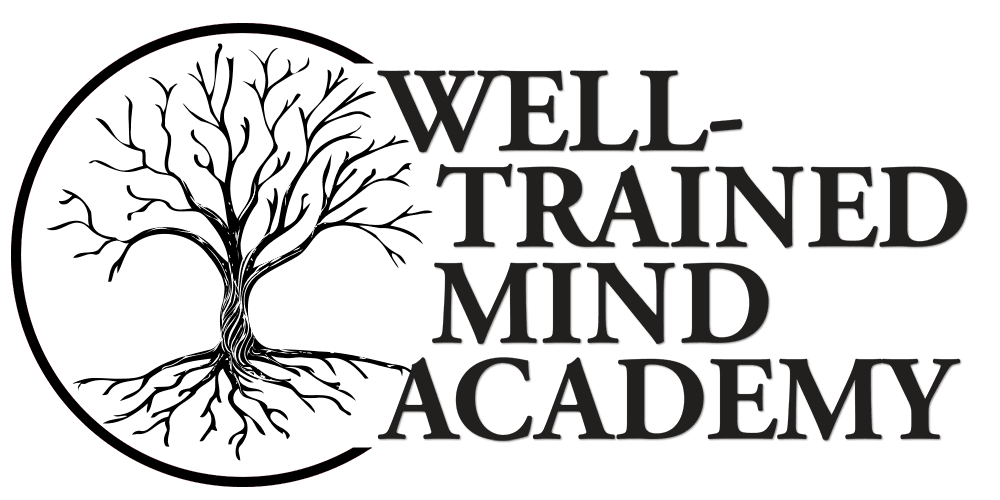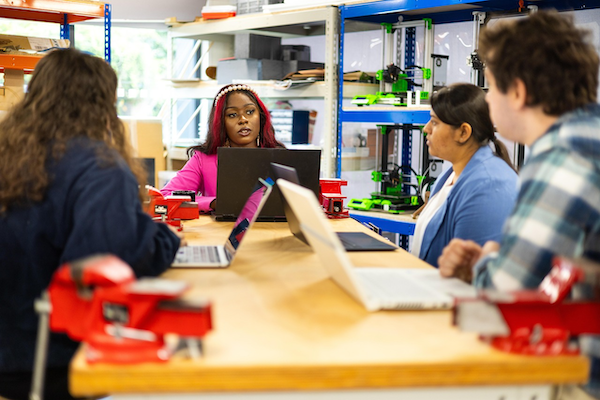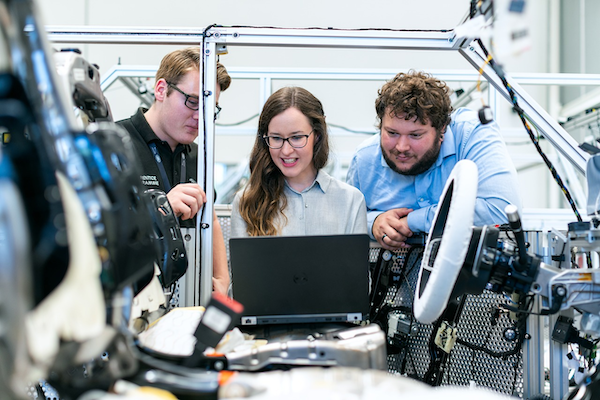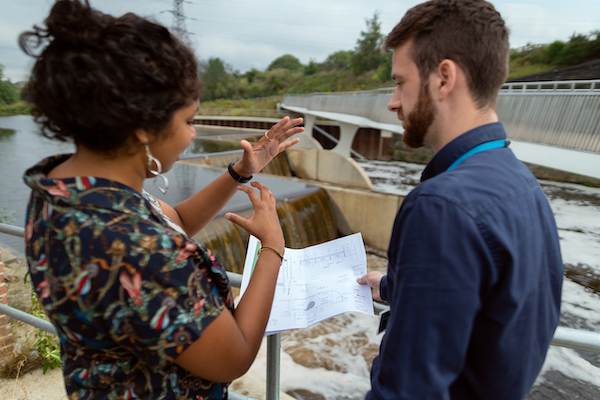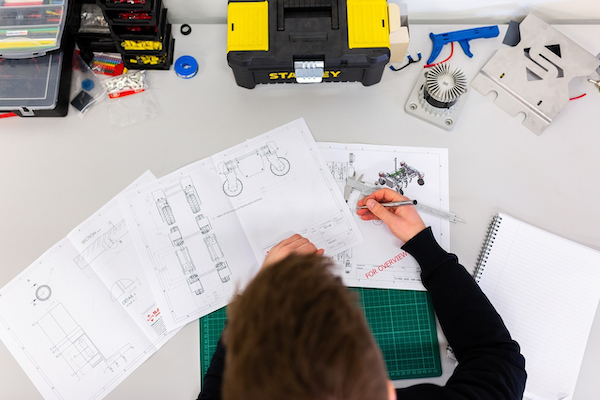Engineering the Future: A Conversation with Prof. William Scheideler
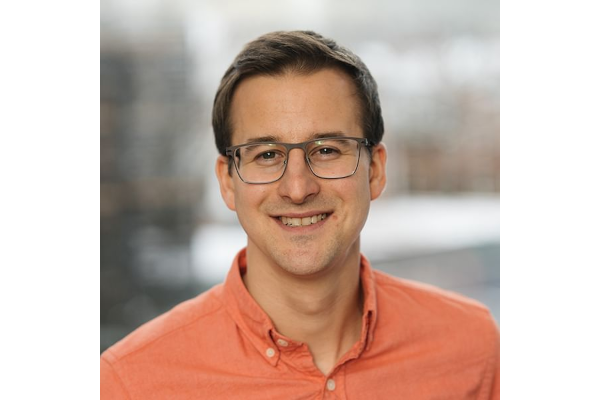
Have you ever wondered how your phone stays charged, how self-driving cars navigate traffic, or how skyscrapers withstand strong winds? Engineers make all of this possible, using their expertise to solve complex problems and create innovative solutions. WTMA students recently had the opportunity to explore what it means to be an engineer in an engaging talk with Professor William Scheideler from the Thayer School of Engineering at Dartmouth College.
During his presentation, Prof. Scheideler shared his journey through his engineering pursuits, from his undergraduate studies in electrical and biomedical engineering at Duke University to his doctoral work in electrical engineering and postdoctoral research at Stanford University. His diverse academic background provided valuable insight into how students can carve their own paths in the field.
Contents
Choosing an Engineering Major
One of the biggest questions students had was: How do you choose an engineering major? Prof. Scheideler reassured students, “You don’t need to have everything figured out right away. Engineering is about exploration. That’s how you’ll find your passion.” Most universities, including Dartmouth, actually encourage exploration before declaring a major. He recommended taking introductory courses, getting hands-on experience in labs, and talking with professors and professionals to find the right fit.
The Interdisciplinary Nature of Engineering
A key takeaway from the discussion was that engineering isn’t limited to one field—it’s everywhere!
Prof. Scheideler explained how engineers today work at the intersection of environmental science, artificial intelligence, human-centered design, and entrepreneurship. At Dartmouth, engineering students even integrate humanities and social sciences into their studies, making them well-rounded problem solvers who can tackle real-world challenges from multiple angles.
Exciting Research and Innovation
Prof. Scheideler also introduced students to some of the cutting-edge research happening in his lab. One of the most exciting areas? Lightweight, flexible solar panels made from metal halide perovskites.
He also discussed how 3D printing is being used to revolutionize energy storage and flexible electronics, demonstrating how engineering is shaping the future of technology.
High Demand for Engineers
For students wondering about career opportunities, Prof. Scheideler emphasized that engineering graduates are in high demand across many industries, including biotechnology, semiconductor manufacturing, renewable energy, and artificial intelligence. He noted, “Engineering is one of the most versatile and in-demand career paths today.” He also highlighted the growing importance of entrepreneurship in engineering, explaining how students can take their ideas from the lab to the marketplace through startup initiatives and patent development.
Advice for Future Engineers
For students interested in pursuing engineering, Prof. Scheideler recommended building a strong foundation in STEM subjects, especially math, physics, statistics, and computer science. He also encouraged them to gain hands-on experience through internships, research projects, robotics clubs, and coding competitions. Importantly, he reassured students that prior research experience isn’t necessary before college—there are plenty of opportunities to get involved once they start their undergraduate studies.

Final Thoughts
Prof. Scheideler’s talk gave WTMA students an inspiring and accessible look into engineering. His insights on choosing a major, exploring interdisciplinary fields, engaging in research, and entering a high-demand job market helped students see engineering as an exciting and attainable career path.
For students eager to learn more, he suggested reaching out to university faculty, attending campus tours, and exploring summer programs for hands-on experience. His message was clear: engineering is a dynamic and rewarding field that welcomes those who are curious, creative, and ready to solve real-world problems.
STEM Classes at Well-Trained Mind Academy
WTMA offers a variety of STEM courses for those looking to create a strong foundation for a future career in engineering. View our course catalog below!
